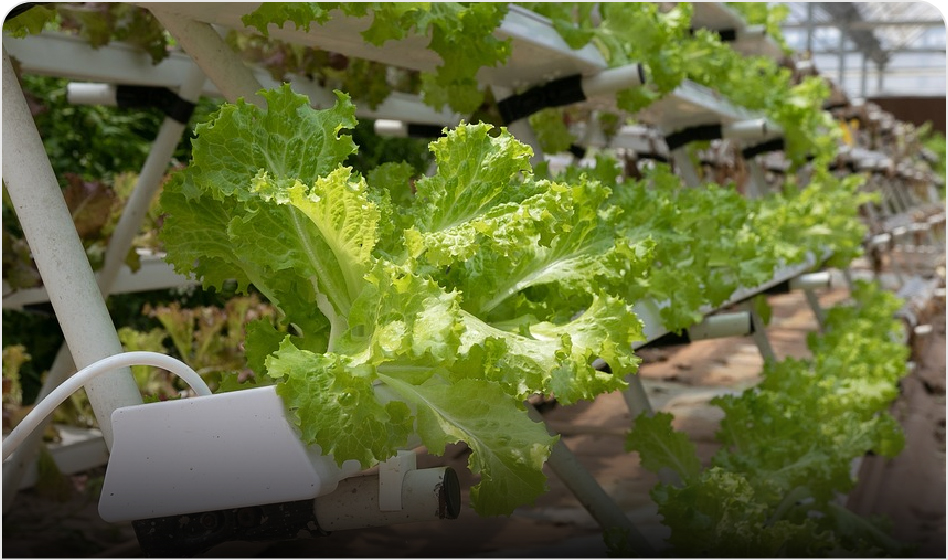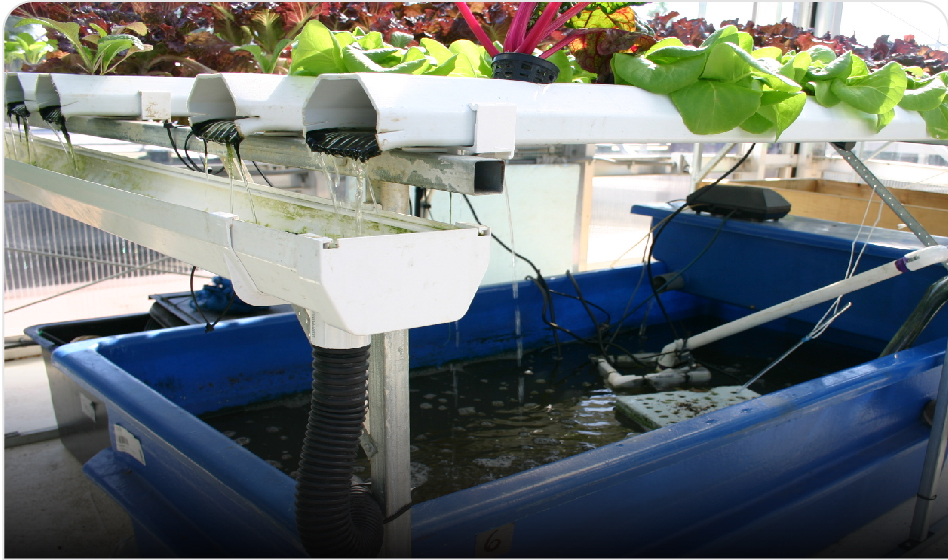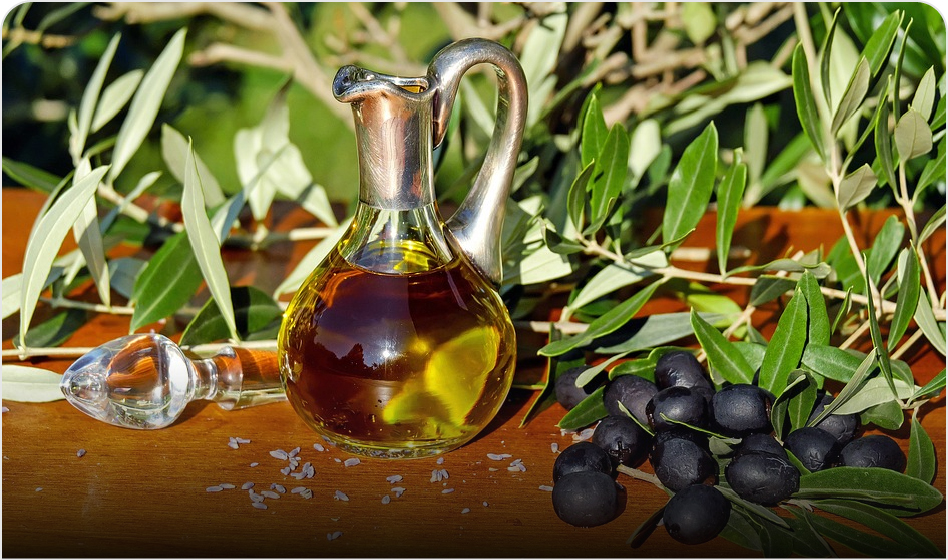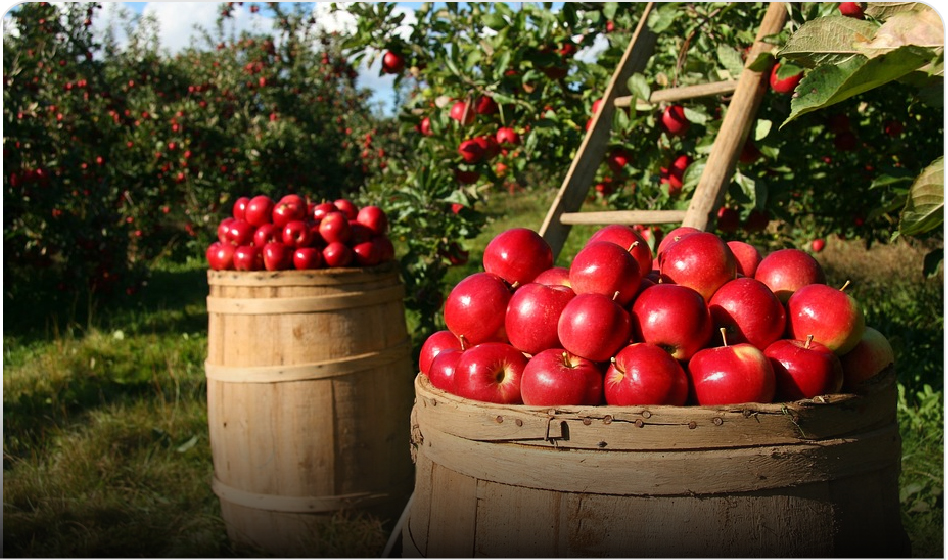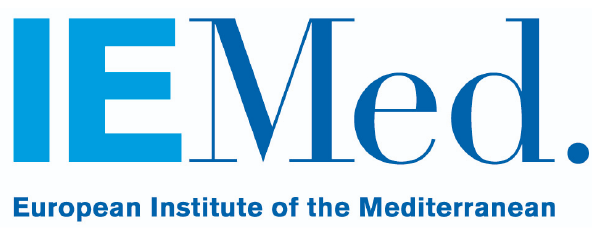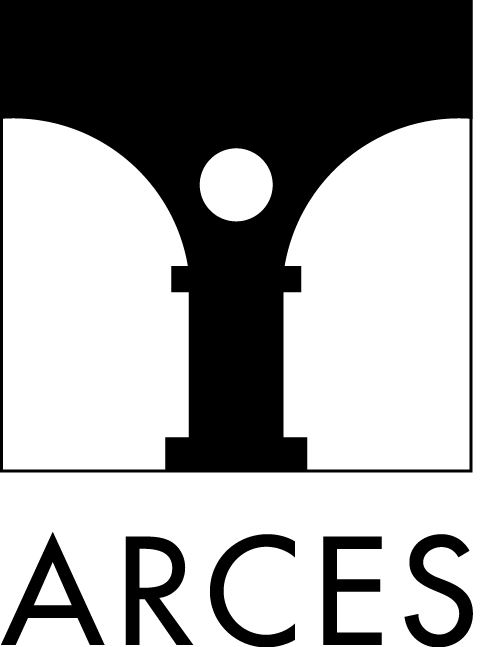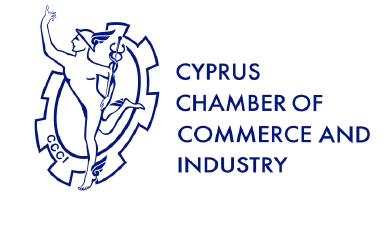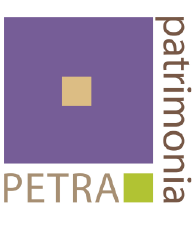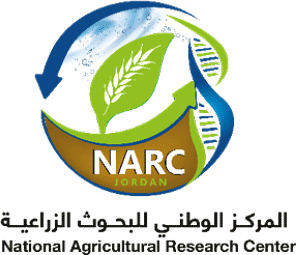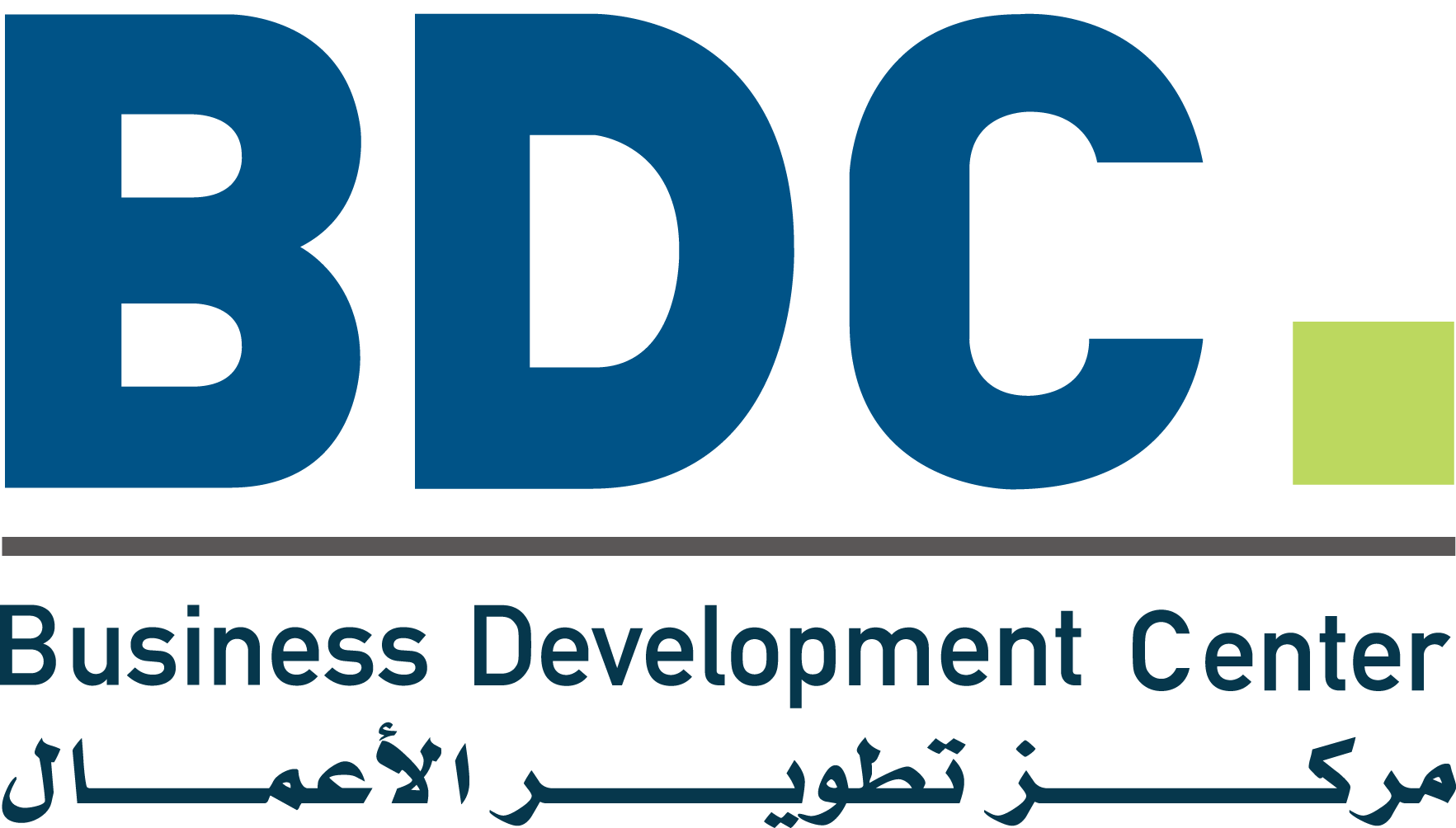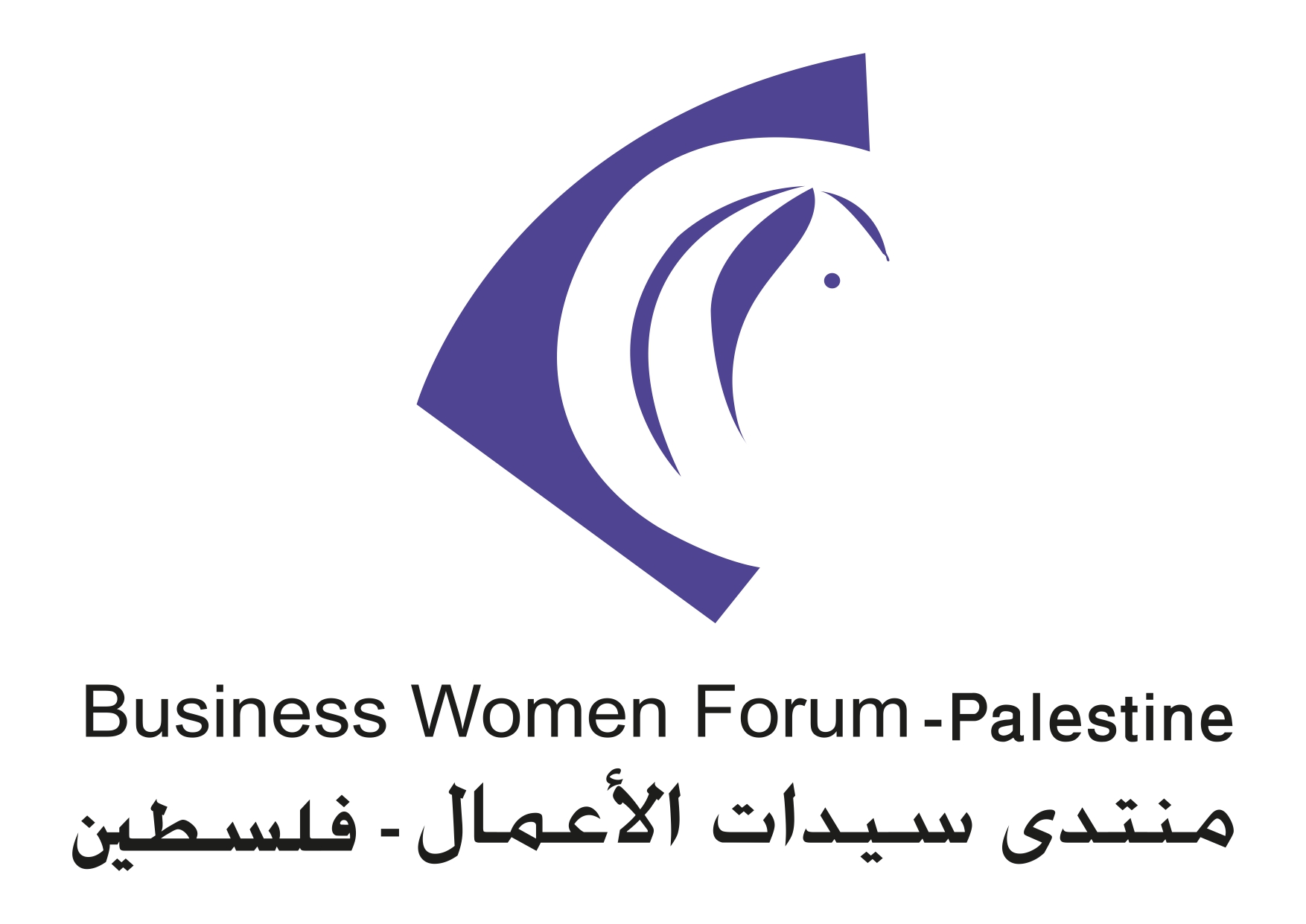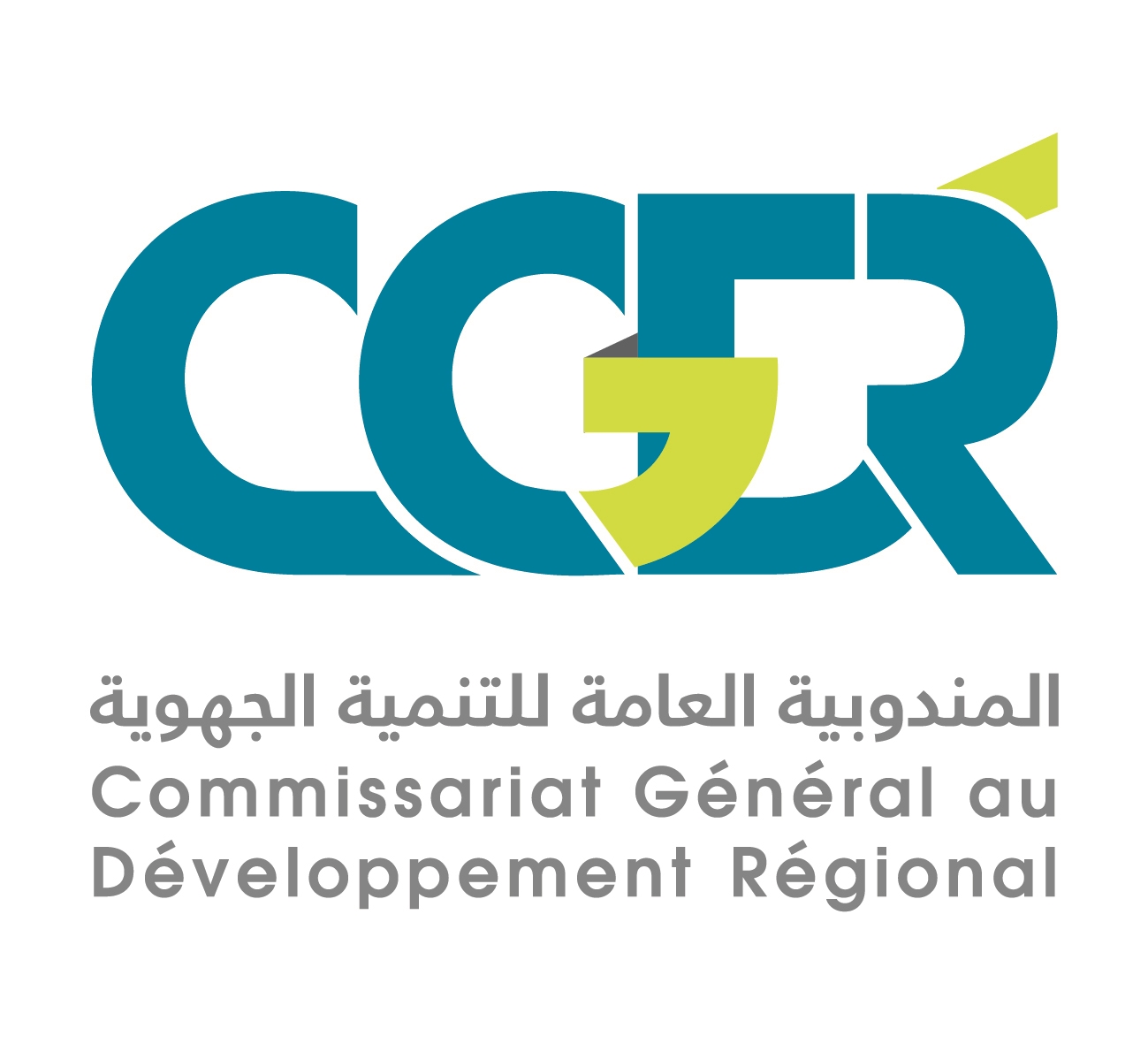We use
a Blended scheme including:
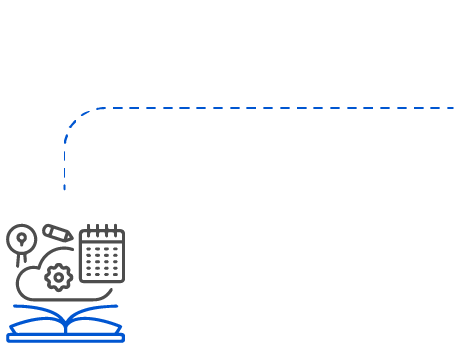
Self-paced

Live session

Recorded session
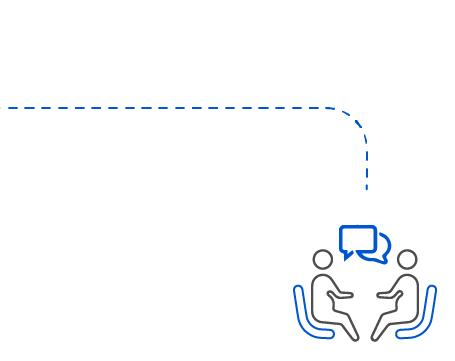
Peer exchange opportunity
We use
a Blended scheme including:

Self-paced

Live session

Recorded session

Peer exchange opportunity
The very First Step Toward Landing Your First Job
Get Professional-level online training recognized by our partners in the private sector, and have the chance to receive as a next step

Coaching and Mentoring

Onsite Practical Training

Paid Internship Opportunities

Access to employment
Courses
Countries

Frequently Asked Questions
The opportunity to enroll in on-site training and internship will be available to trainees who have completed the online training by the deadline set by each country partner. A selection process will take place where the project team and trainers will choose 20 trainees per country based on their performance and evaluations. From this group, 10 participants will be chosen for the internship program.





